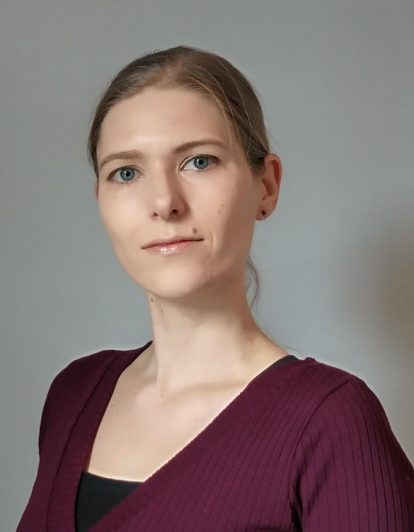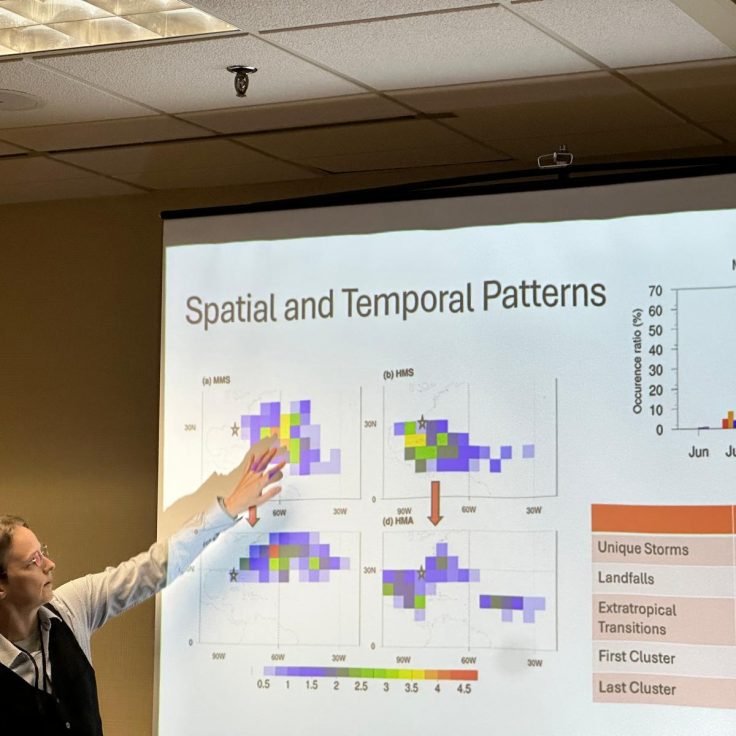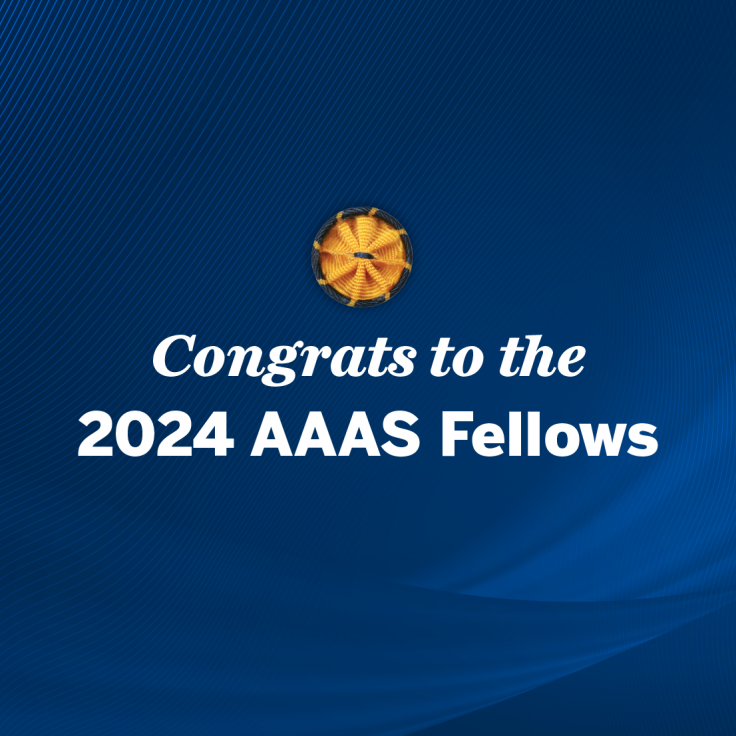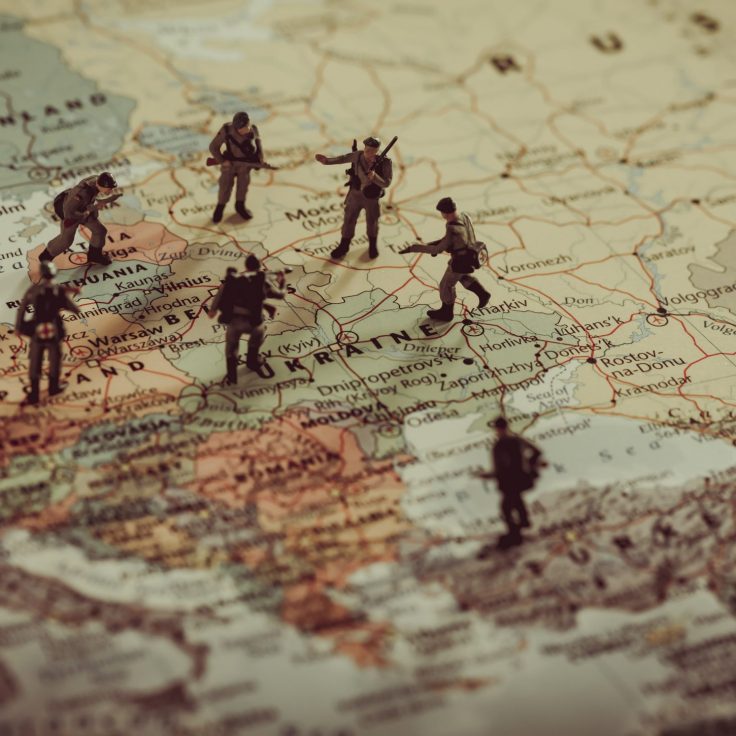Juliane Dannberg Named Distinguished Speaker by Computational Infrastructure for Geodynamics

Juliane Dannberg, assistant professor in the Department of Geological Sciences, has been selected to serve as a distinguished speaker for 2022-2023 by the Computational Infrastructure for Geodynamics (opens in new tab). As a part of her duties in this role, she will introduce concepts of computational earth science to diverse populations that are underrepresented in the field.
Dannberg, PhD, will travel to two to three institutions in the spring semester to give a series of talks about her work in computational modeling of geodynamics, sharing her expertise with audiences that might not otherwise hear about the field’s potential. Priority for the talks will be given to minority-serving institutions, Historically Black Colleges and Universities (HBCUs), Hispanic-serving institutions, and women’s colleges.
In her talks, Dannberg will discuss how computational models of dynamics happening on the Earth’s surface and interior can help us better understand plate tectonics. Computing, Dannberg said, plays an increasingly large role in the earth sciences and other scientific disciplines for compiling and analyzing data, preparing illustrations, creating numerical models and more.
“These are sought-after skills on the job market, both in industry and academia,” Dannberg said. “I believe that makes it important to not only introduce students to these topics, but also to show them that computational earth science can be fun, even though it is not always easy to learn.”
A 2011 study (opens in new tab) showed that populations underrepresented in the geosciences often don’t pursue the field because of a perception that it is focused on the outdoor observation of rocks, with low pay and low prestige compared to other disciplines. Dannberg hopes her work challenges that idea.
“Bringing computational Earth scientists as speakers to these institutions emphasizes that there are all kinds of different paths one can choose within the geosciences, including areas like computational modeling or data analysis,” Dannberg said.
Through the speaker series, new audiences will also learn about the community-accessible software that the Computational Infrastructure for Geodynamics provides. The organization, supported by the National Science Foundation, develops and shares software for geodynamics research, with freely available code and tutorials.
Learn more about Dannberg’s talk here (opens in new tab).


